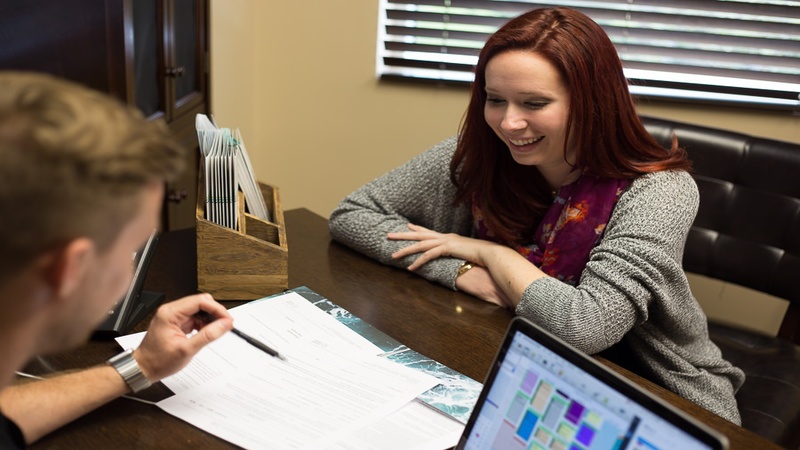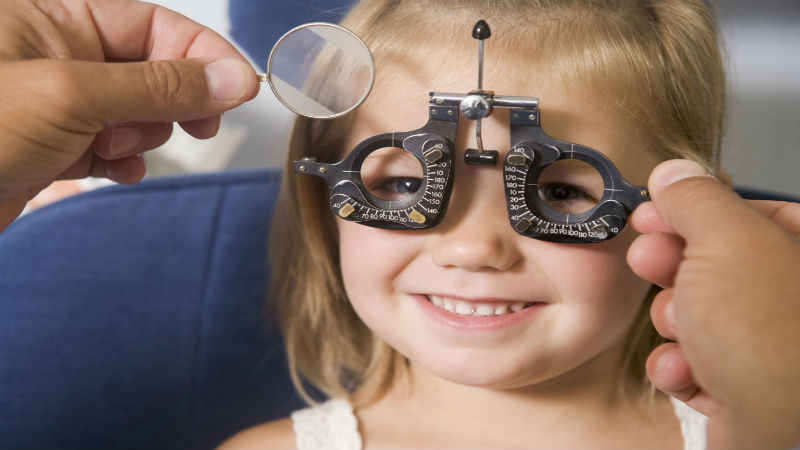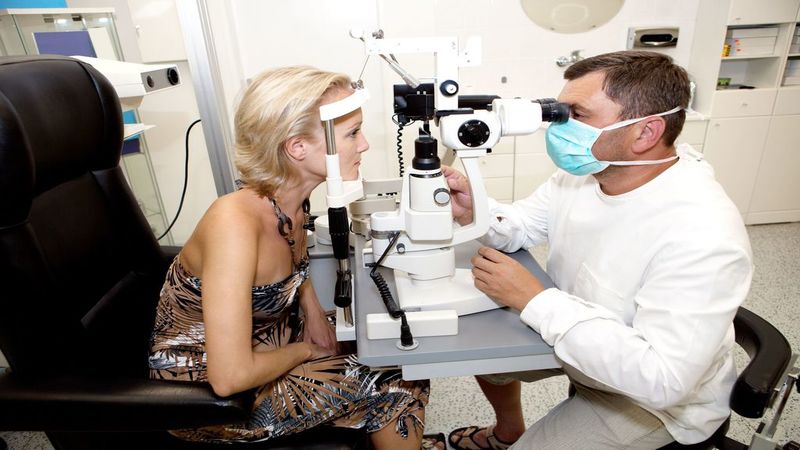Having regular eye examinations can help ensure that your eyes remain healthy, while also preventing vision loss by catching eye conditions early in development. Many problems such as cataracts, glaucoma, macular degeneration, or diabetic retinopathy can be caught early enough to treat to delay vision loss or prevent it altogether. Everyone needs to have their vision and eyes checked regularly by an optometrist to ensure their eye health.
Frequency of Eye Examinations
It is important to catch eye diseases and vision problems early to prevent both eye loss and learning problems in children. The American Optometric Association recommends that babies get their first eye examination at six months of age and, if their eyes are healthy, they should additional examinations at age three and before they start school. Proper vision care in Madison, AL can ensure that your child does well in school, especially if they need corrective lenses.
Children who have healthy eyes and need no vision correction should continue to see an optometrist every two years until they are eighteen years old. Healthy adults should continue to follow-up with vision care by having examinations every two years until they reach the age of sixty. However, if you have a chronic condition such as diabetes or high blood pressure, you should get your eyes checked every year. Those who are age sixty and older should get their eyes checked annually as well.
Exams for Wearers of Corrective Lenses
If you wear eyeglasses or contacts, then you need to visit an optometrist at a business such as Specs of Madison for a refractive eye test. Healthy adults who wear eyeglasses should go to the optometrist once every two years. However, contact lens wearers should schedule a yearly eye exam to stay on top of their eye health.
With proper vision care, eye diseases can be identified early and treated to keep your eyes healthy and preserve your vision for as long as possible. Click here for more details.



